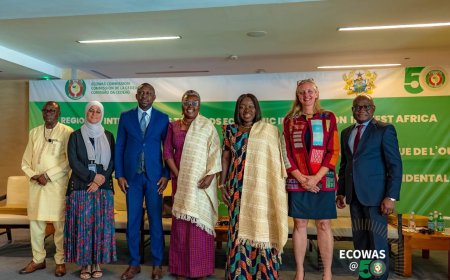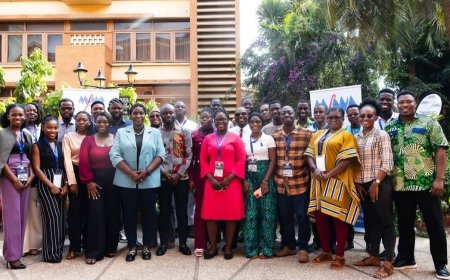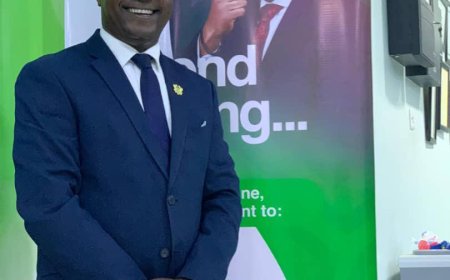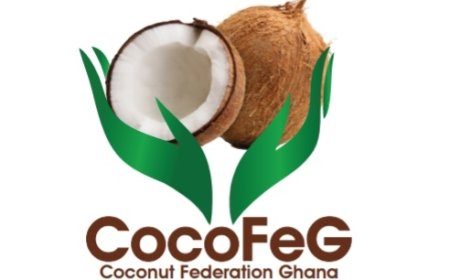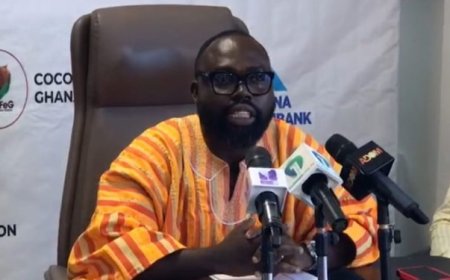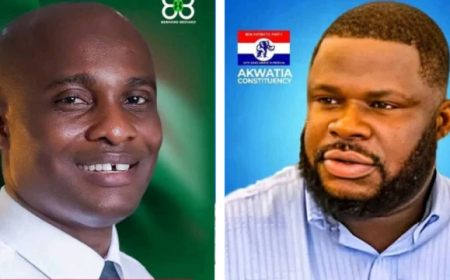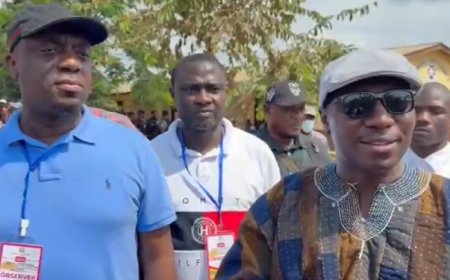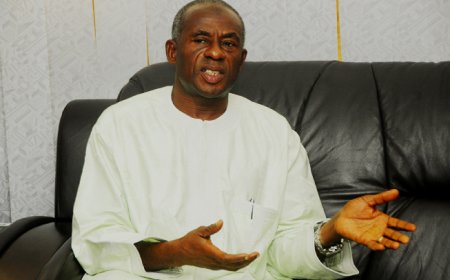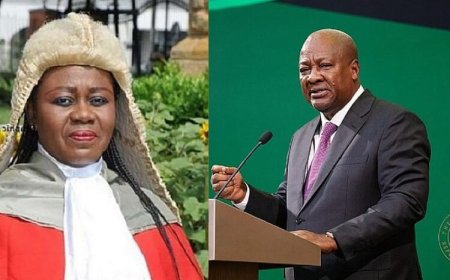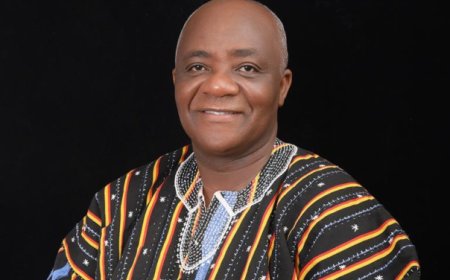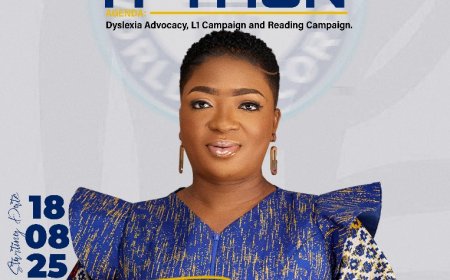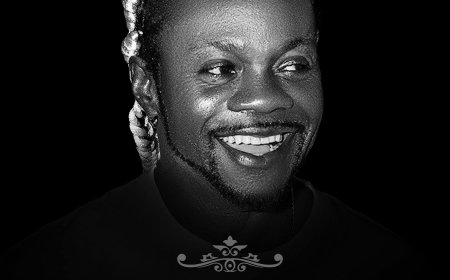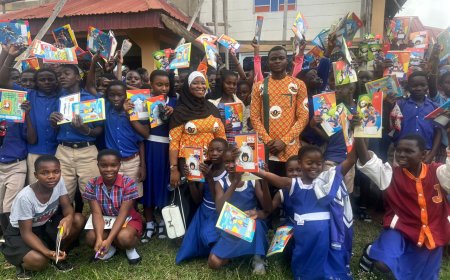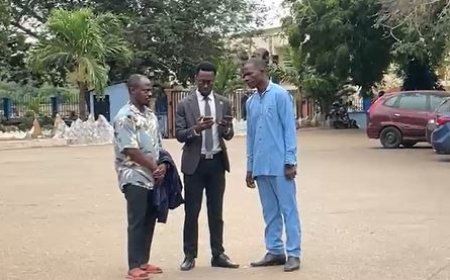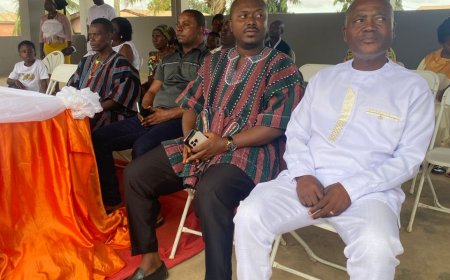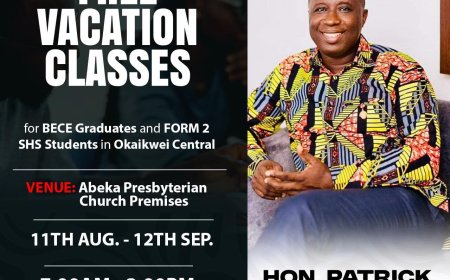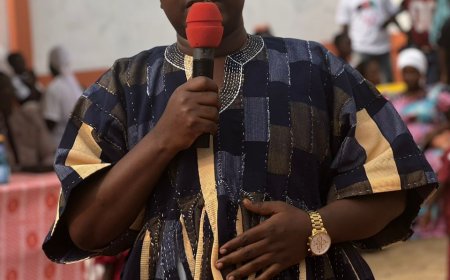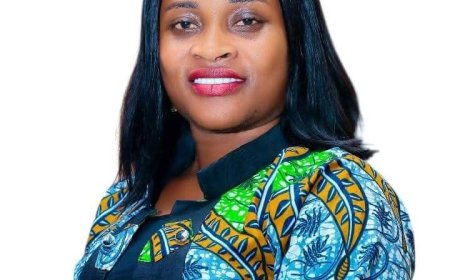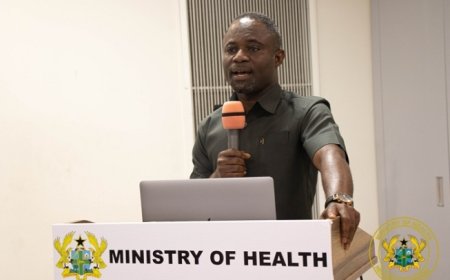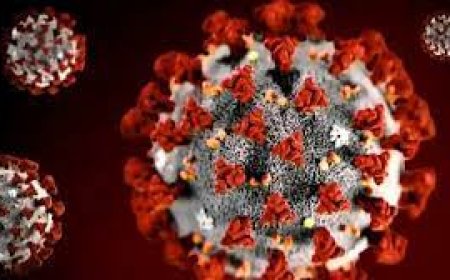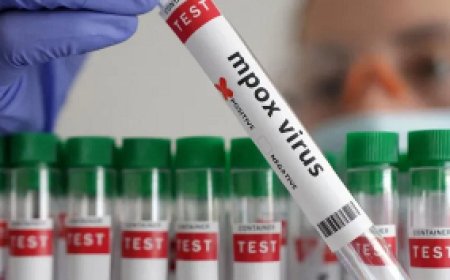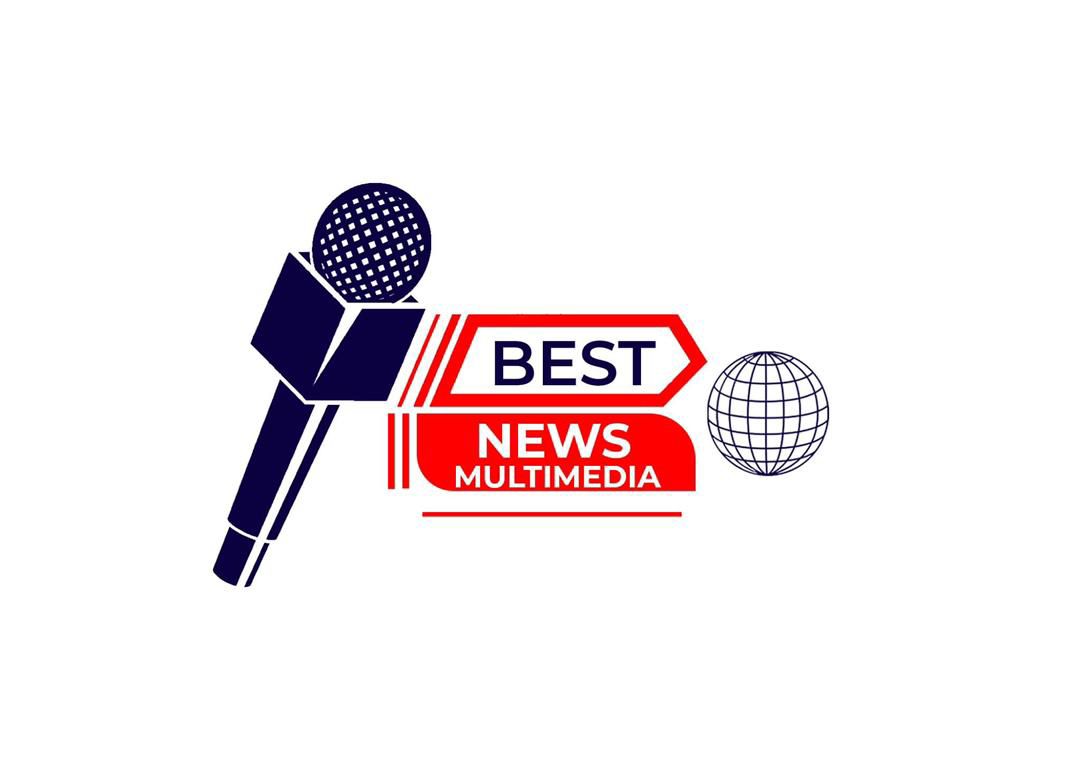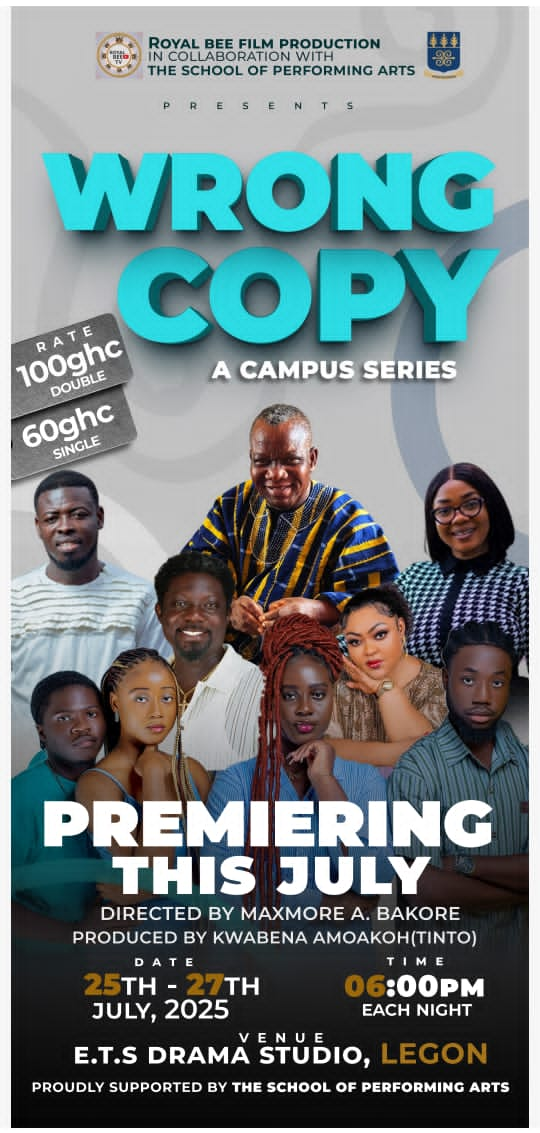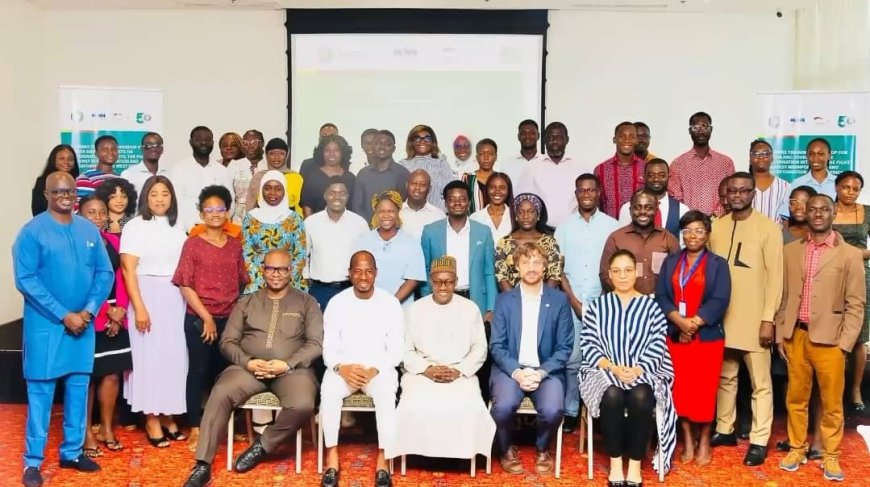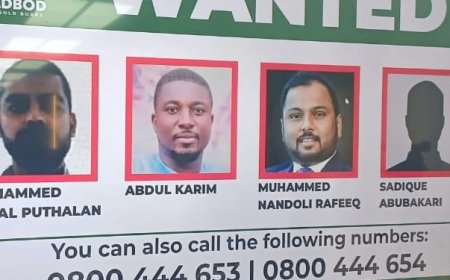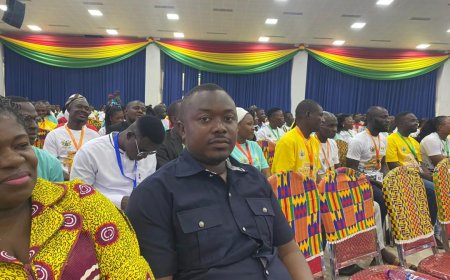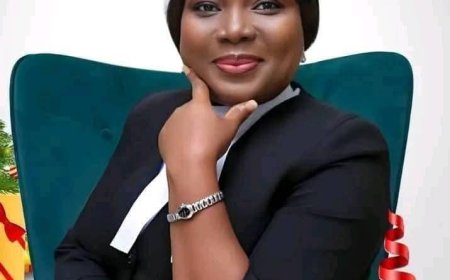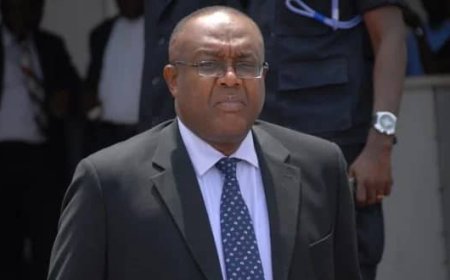ECOWAS, MFWA and GIZ Equip 45 Ghanaian Journalists to Tackle Disinformation
A two-day capacity-building programme aimed at strengthening information integrity in Ghana has ended, with 45 broadcast journalists trained in countering mis/disinformation, responsible reporting and digital safety.
By Joylinda Laryea / 1st October 2025
A two-day capacity-building programme aimed at strengthening information integrity in Ghana has ended, with 45 broadcast journalists trained in countering mis/disinformation, responsible reporting and digital safety.
The workshop was organised by the Media Foundation for West Africa (MFWA) in partnership with ECOWAS and GIZ, with support from the Government of Germany under the MFWA–ECOWAS 2023 Memorandum of Understanding. It forms part of a regional initiative that has already taken place in The Gambia and Sierra Leone, with upcoming editions scheduled for Benin and Togo.
The training brought together journalists from both state-owned and private media organisations, focusing on equipping them to address the growing threats of misinformation, polarisation, and anti-democratic narratives in the sub-region.
Opening the programme, ECOWAS Resident Representative in Ghana, H.E. Ambassador Mohammed Lawan Gana, emphasised the key role of the media in promoting peace, democracy and regional cohesion in line with ECOWAS Vision 2050. He noted that journalists were not only informers of the public but also actors in shaping governance and security outcomes.
Throughout the sessions, participants were exposed to practical strategies for investigating human rights violations, countering propaganda and managing conflict-sensitive reporting. Facilitators also led discussions on peace journalism, collaboration between media and regional institutions, and the responsibilities of journalists in fostering informed and resilient societies.
Another major aspect of the training focused on mastering fact-checking, using open-source intelligence (OSINT) tools and enhancing digital security to protect both information and journalists’ work. Participants engaged in hands-on exercises and group simulations to apply these tools to real-world challenges.
The importance of media and information literacy (MIL) was also highlighted, with journalists encouraged to act as educators who help citizens navigate misinformation and safeguard democratic values.
The programme concluded with a call for stronger cooperation between the media, ECOWAS, member states and civil society to combat disinformation and protect public trust. Certificates were presented to participants at the closing ceremony.
Organisers say the initiative is part of a broader effort to consolidate responsible journalism and strengthen governance across West Africa by empowering media professionals with the knowledge and tools to address evolving information threats.
What's Your Reaction?
 Like
0
Like
0
 Dislike
0
Dislike
0
 Love
0
Love
0
 Funny
0
Funny
0
 Angry
0
Angry
0
 Sad
0
Sad
0
 Wow
0
Wow
0
